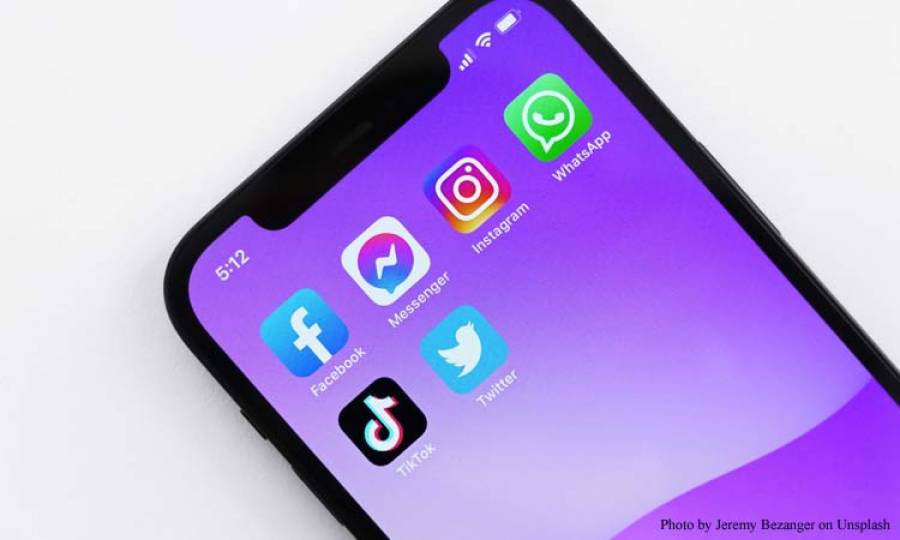Excessive social media use can lead to diabetes

BUFFALO: According to the findings of a new study by a University at Buffalo's researchers, social media use had been connected to biological and psychological indicators associated with poor physical health among college students.
Participants in the study who spent a lot of time on social media had higher C-reactive protein (CRP) levels, a biological marker of chronic inflammation that predicts significant illnesses like diabetes, some malignancies, and cardiovascular disease. In addition to heightened CRP levels, the findings imply increased social media use is associated with somatic symptoms such as headaches, chest and back pains, and more frequent visits to doctors and health centres for treatment.
The team of researchers included David Lee, Tao Jiang, a graduate student, Jennifer Crocker, PhD, professor of social psychology; and Baldwin Way, PhD, associate professor of psychology.
For years, investigators had focused on how social media engagement affects users' mental health, but its consequences on physical health had received little emphasis. According to recent surveys, social media usage is exceptionally high among persons in their late teens and early twenties. This segment spends approximately six hours per day texting, online, or using social media. However, while a few studies had discovered correlations between social media usage and physical health, those studies mainly relied on self-reporting or the impact of using only one platform.
"Our goal was to extend prior work by examining how social media use across several platforms is associated with physical health outcomes measured with biological, behavioural and self-report measures," said David Lee.
For the study, researchers gathered a broad sample of 251 undergraduate students between the ages of 18 and 24.
Participants also completed questionnaires on physical health and social media usage on Facebook, Twitter, Snapchat, and Instagram, which were the most popular platforms at the time the data was collected in 2017. These responses were cross-checked with those from another survey, which assessed validity by measuring how seriously participants took their role in the study.
David Lee said that this study was just a beginning to understand the relationship between social media and physical health.
David Lee claimed that by looking at a biological marker in the blood, they were able to uncover a comparatively more objective link between social media usage and physical health. "However, this correlational finding cannot rule out the potential that lousy health influences social media utilisation.
According to David Lee, that aphorism might apply to social media use and physical health: the rich become richer, while the poor get poorer. "In our previous research, we found those high in self-esteem benefited from using social media, but people low in self-esteem did not. So, the effect may be more nuanced."
The research titled "Social Media Use and Its Link to Physical Health Indicators" has been published in the Journal of the Cyberpsychology, Behavior, and Social Networking.
Trending
Popular
Sindh pledges vigorous action to prevent poliovirus transmission
-
PMA stresses health equity on World ...
04:08 PM, 9 Apr, 2024 -
Dow University’s new rabies vaccine ...
12:18 PM, 28 Mar, 2024 -
IRD role lauded in advancing ...
02:53 PM, 12 Mar, 2024 -
Over one billion people worldwide ...
09:48 AM, 5 Mar, 2024




